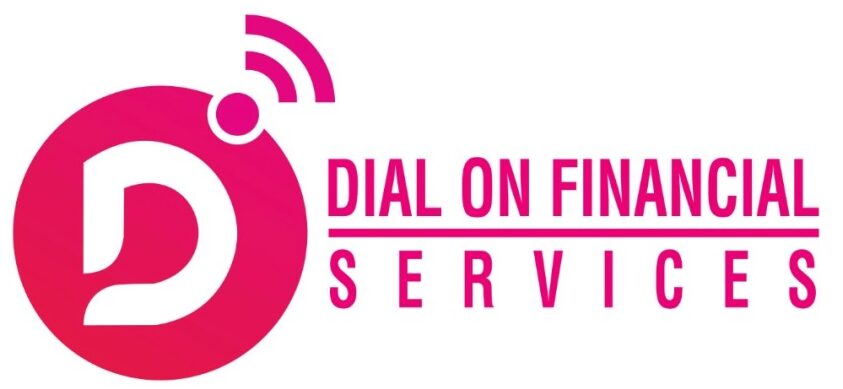NGO Registration
NGO is a non- government organization established to promote social welfare or any such other object. They typically run social welfare programs like food campus, medical aid, Medicare etc. There are various types of NGO like society, trust and section 8 companies. NGOs can’t payout profits as dividends to members; it needs to reinvest its profit back in NGO activities.
Non- government organization commonly referred to as NGOs, are usually non-profit and sometimes international organizations independent of governments and international governmental organizational organizations that are active in humanitarian, educational, healthcare public policy, social human rights, environmental and other areas to affect changes according to their objectives. They are thus a subgroup of all organizations founded by citizens who include clubs and other associations that provide services, benefits and premises only to members.
NGOs are highly diverse group of organizations engaged in a wide range of activities, and take different forms in different parts of the world. Some non- government organizations may have charitable status, while others may be registered for tax exemption based on recognition of social purposes. Others may be fronts for political, religious or other interests.
- A non – governmental organization (NGO) is an organization that is neither a part of a government nor founded by governments. Their purpose is not to earn profit. Their main task is to take the problems of citizens to the government and helps in solve their problems. Their specific issues can be related to human rights, environment and health.
Three types to get NGO registration
As a society (under society act 1860)
It may be registered of two types
(a)State level
Members required in state level society
Minimum -7
Maximum – no limit
(b) Central level
Members required in central level society
Minimum -8
Maximum – no limit
As a trust
It may be registered under Indian trust act 1882
Minimum number of members – 02
As a charitable Trust:
It can be registered under the companies’ act 2013-14
Minimum number of members – 02
Advantages of an NGO
It does not create personal liability:
The creditor cannot file a complaint against any member of the NGO because its members have separate legal entity.
Right to acquire land and other liabilities upon registration:
When organization is formally registered it becomes entitled to acquire land, own fixed assets and liabilities under its common seal.
Tax exemption:
An NGO (Non- Governmental Organization) gets more tax exemption than other organizations. This organization can develop a structured financial plan that allows the organization to do business devoid of tax liabilities.
NGO has unlimited lifespan:
The existence of an NGO is separate from its members. It has no effect of retirement or death of the members. The NGO will continue until it is completely abolished by Law.
Ease to take loan:
An NGO gets many benefits of loans, which makes it fully capable of operate its organization.
Documents required for the registration of an NGO
- PAN card
- Identity Proof (Aadhar card/ voter ID etc.)
- Residential proof
- Bank statement
- Registered office address proof
- Passport (Mandatory)
Minimum capital required
There is no minimum capital required
Shareholders and Directors
Minimum 2 directors
(Directors and Shareholders could be same)
Registration Process of an NGO
Fill in the form provided for the registration of an NGO
Get Digital Signature Certificate (DSC) of all directors and promoters
Get directors identification number (DIN) of all proposed directors:
The DIN is an essential document for organization registration. It is an 8 digit Unique Identification number which has lifetime validity. Through DIN details of the directors are mentioned in the database.
Name Approval:
For the registration of an NGO, it is mandatory to determine its name. This name should not be similar to any other organization or firm name only then this name will be recognised.
Apply for the licence
Memorandum of Association (MOA) and Article of Association (AOA)
The Memorandum of Association & Association, by laws or Trust deed is the main part for an NGO. MOA contains the powers and objects of the company. The Article of Association shall contain the regulations for management of the company.
Allocation of corporate identification of incorporation
The ROC will register the organization after due verification of MOA (Memorandum of Association), AOA (Article of Association) and other details and will issue the Certification of Incorporation (COI). The Central ROC will also allocate a Corporate Identification Number (CIN) to the organization that is registered. The COI is now issued by the ROC in digital form with the digital signature certificate.
How can dial on financial service help you?
Dial on financial services helps you in preparing all the documents of NGO registration and in the NGO formation. We are provides you all the facilities from NGO registration to management. We will register your Organisation with the NGO process and the new NGO building process.
Satisfaction Guaranteed
We are here for your happiness guaranteed DOFS is your happiness which means we stand by our product and services 100% No matter what, no matter what, no question asked, no hold barred, no ifs, no end, we will solve it.
